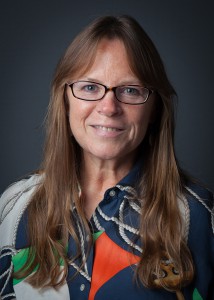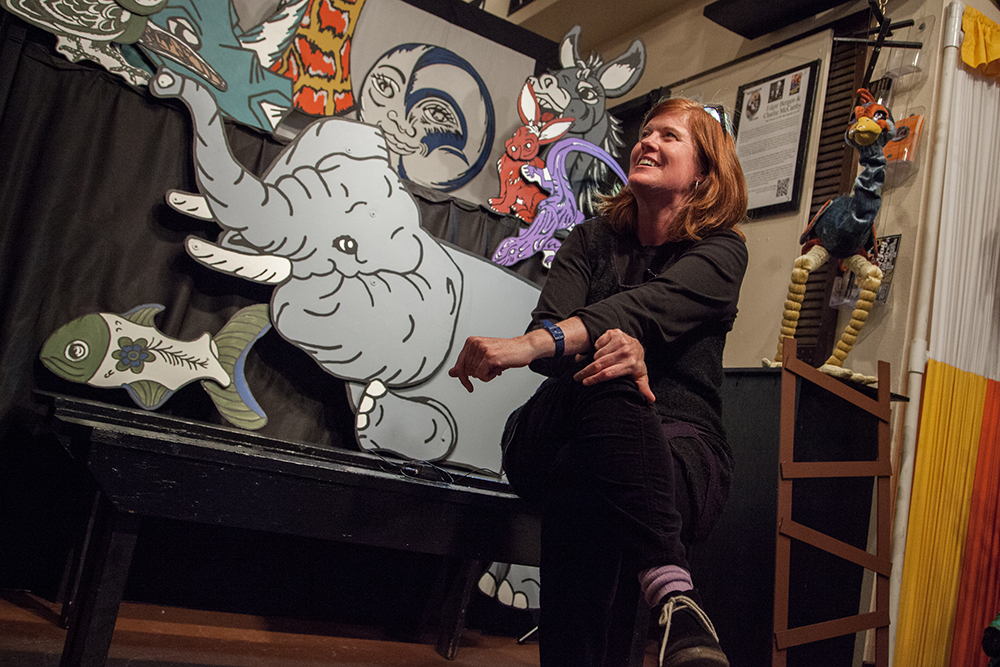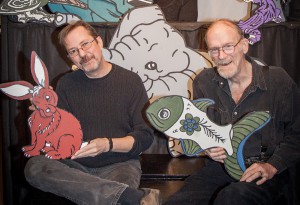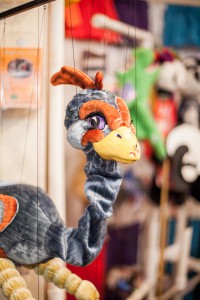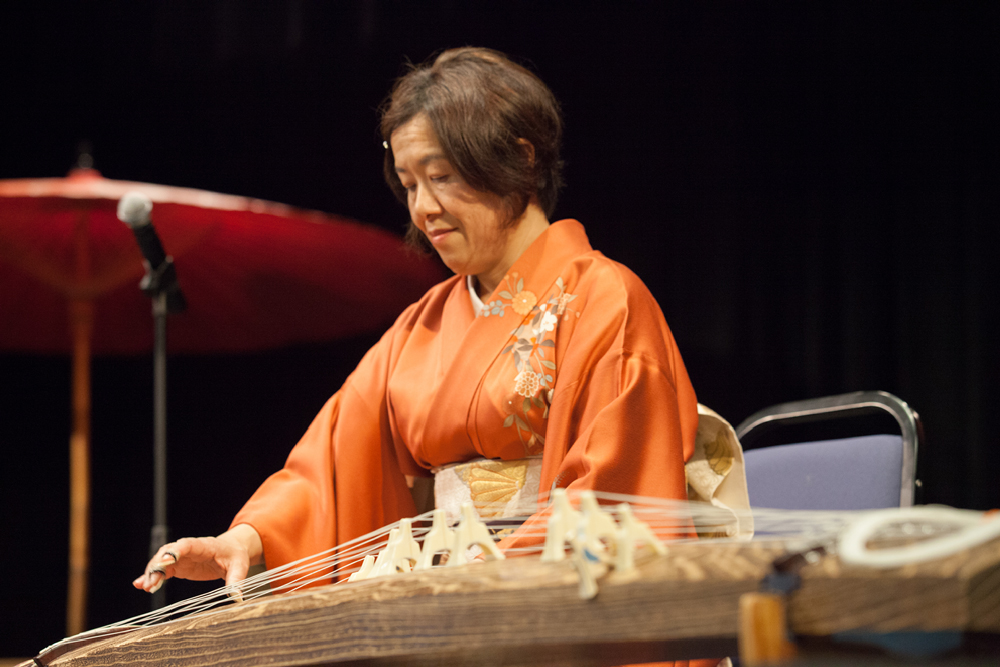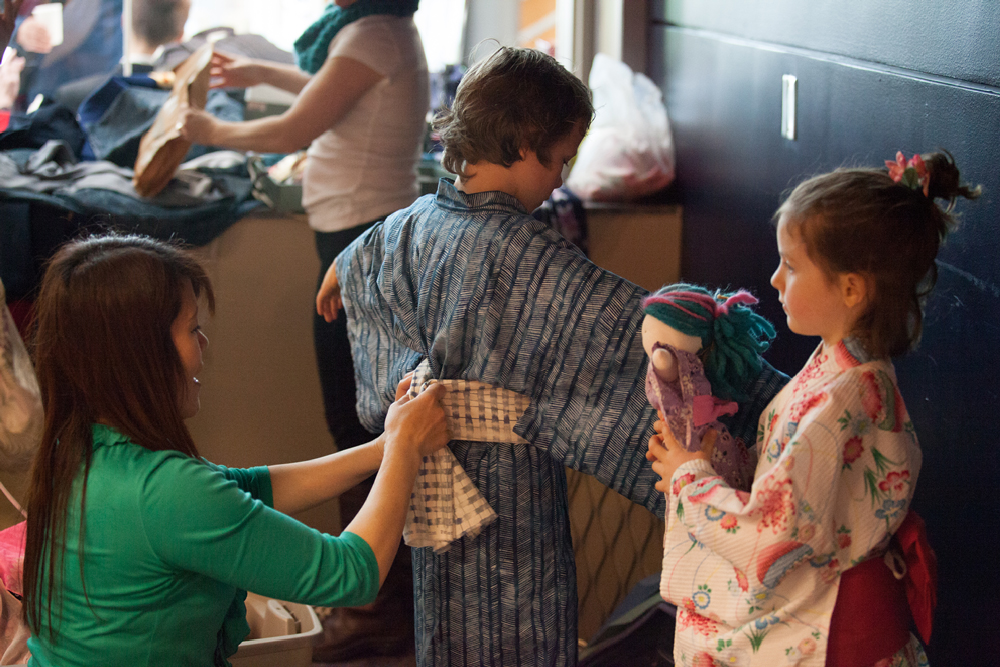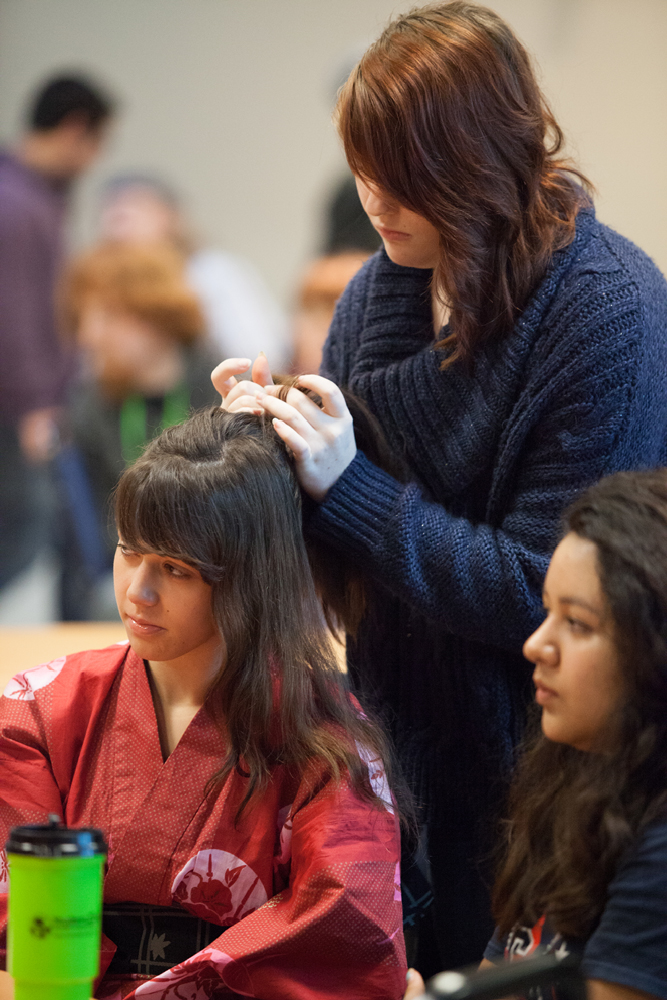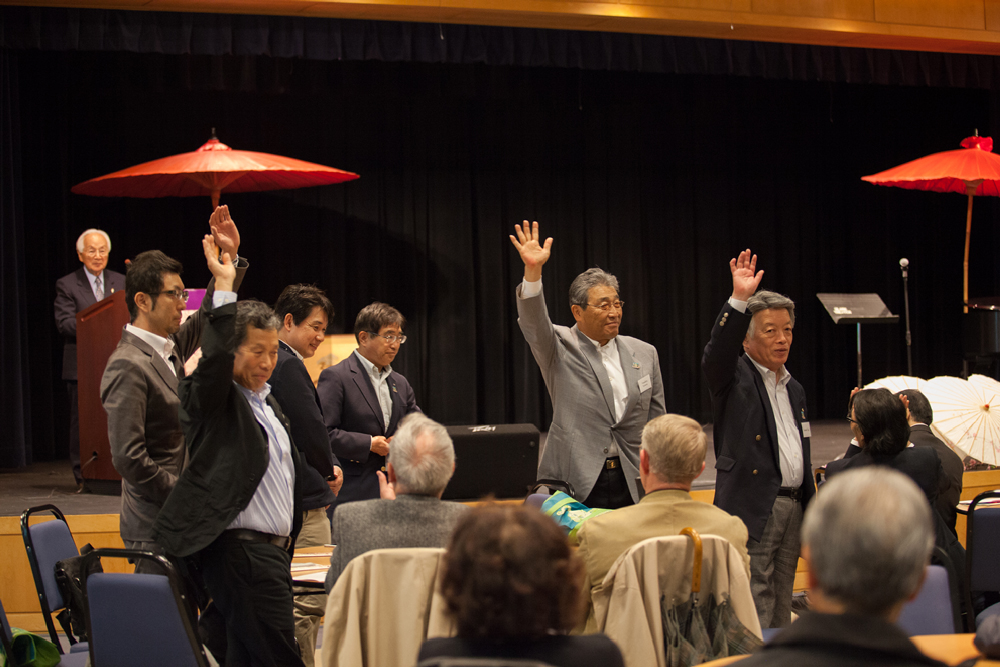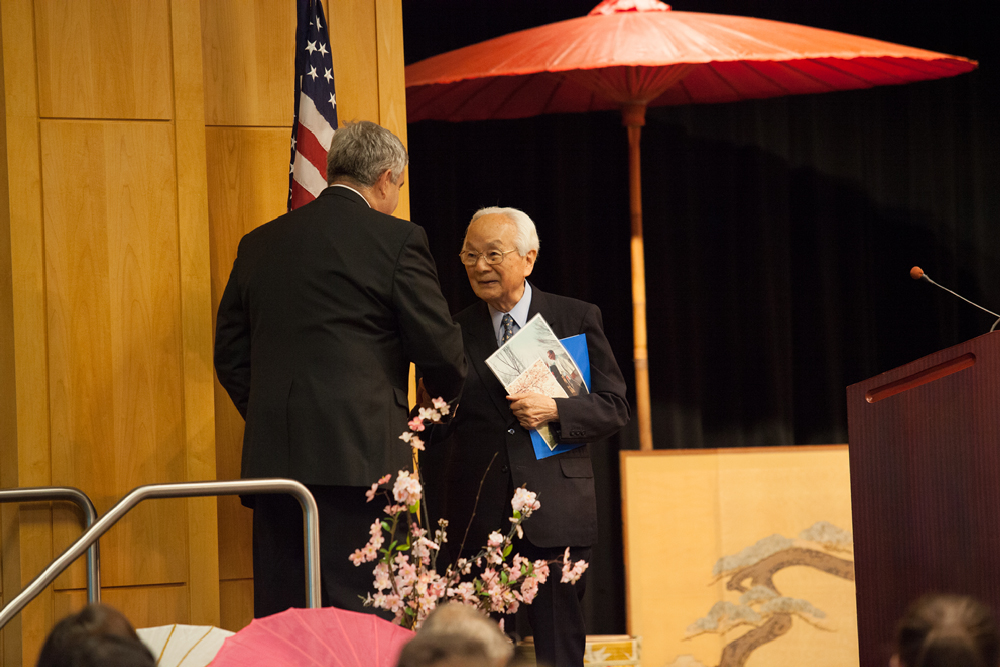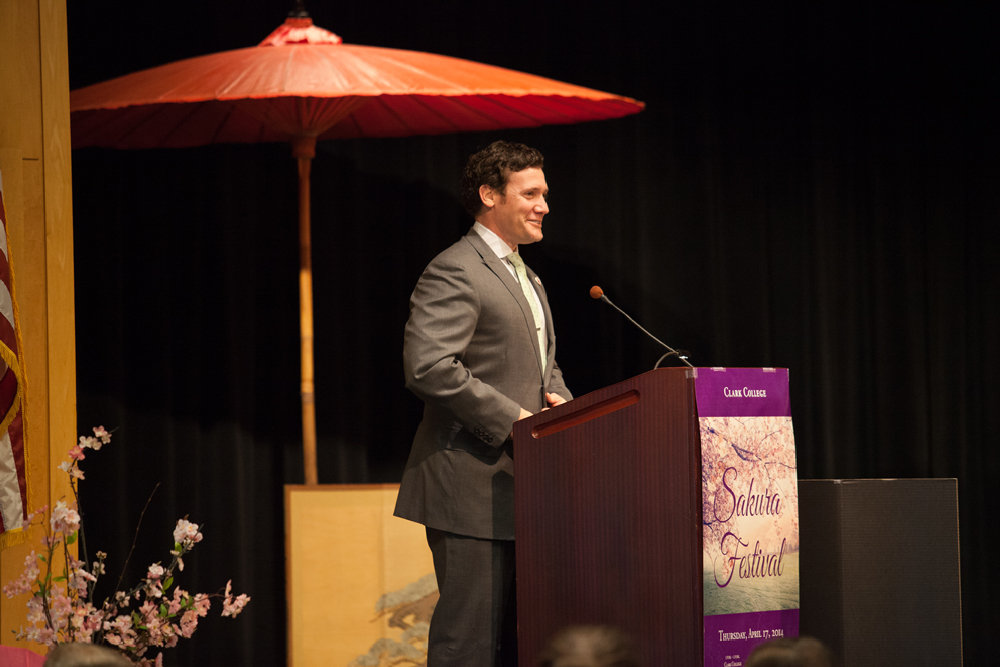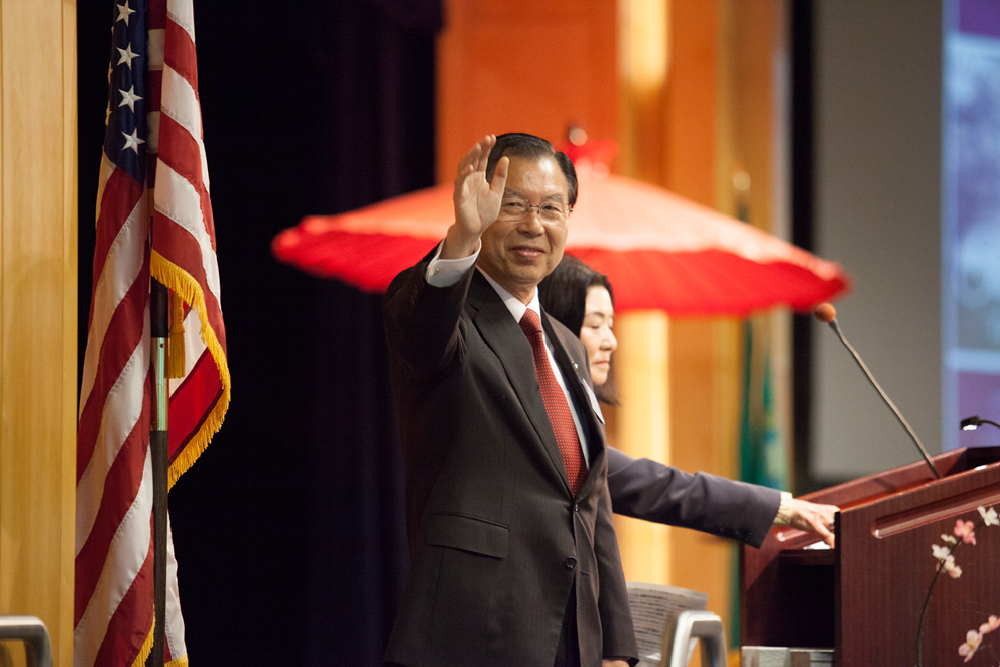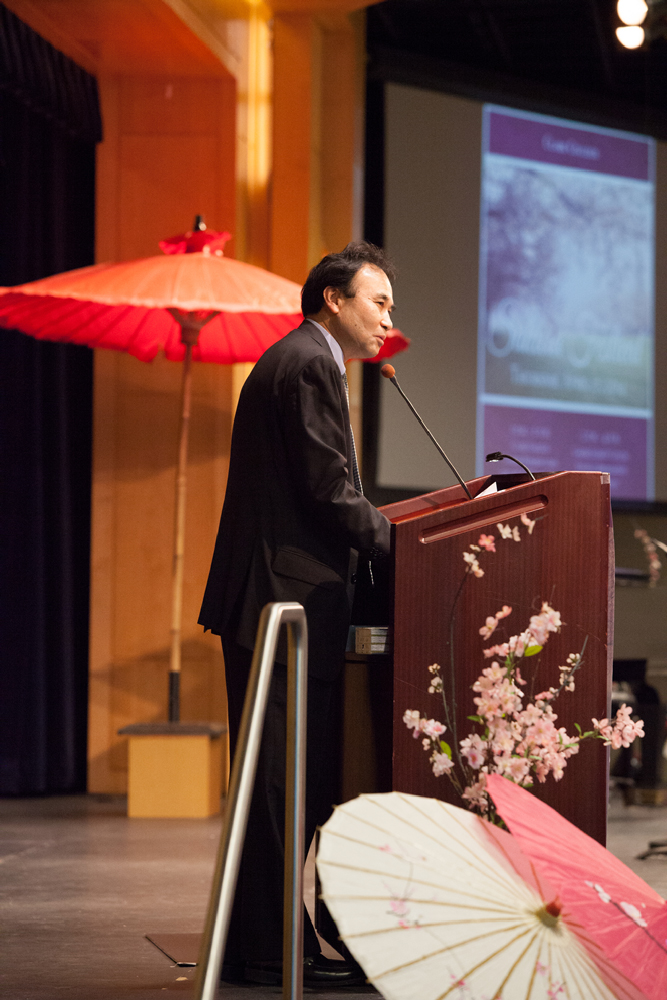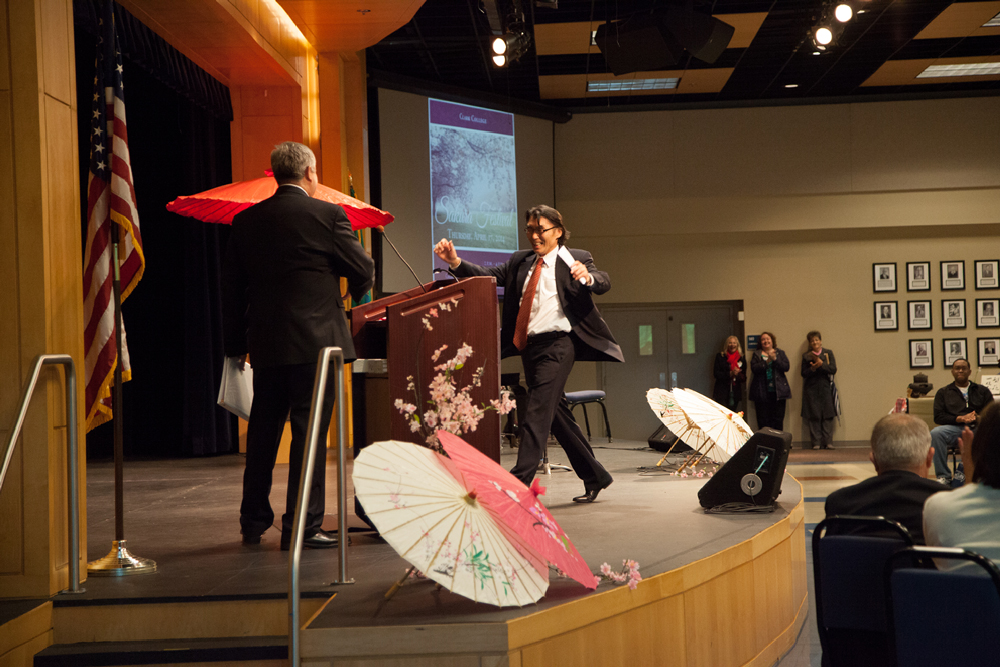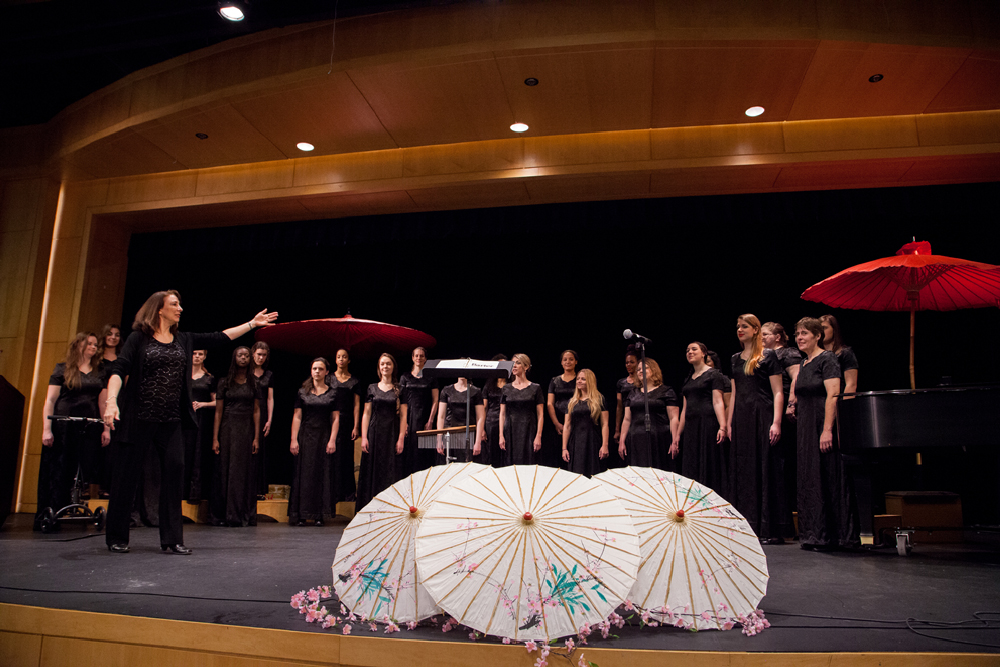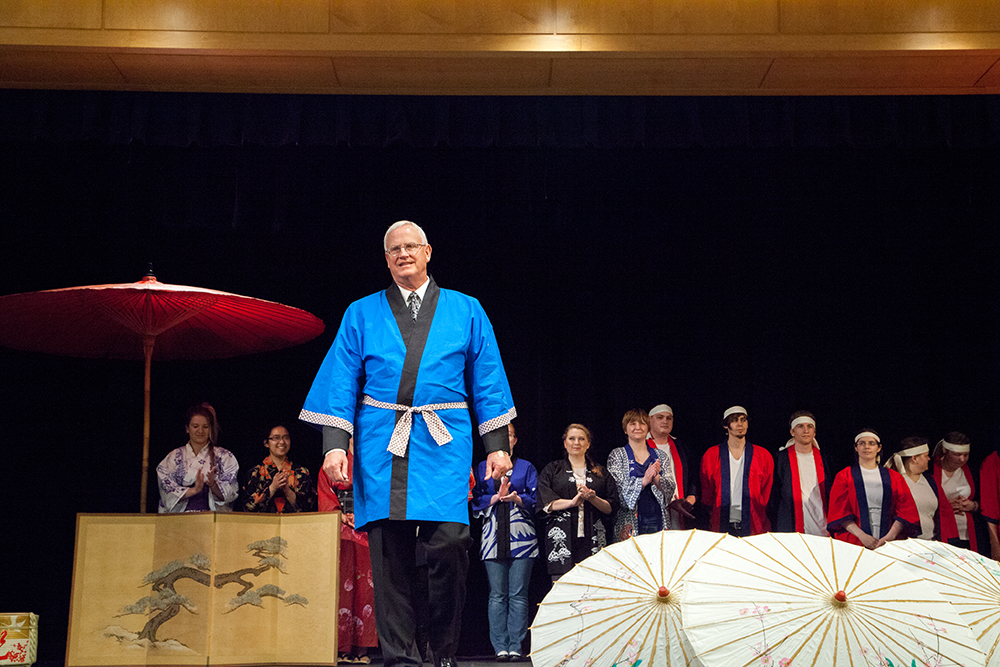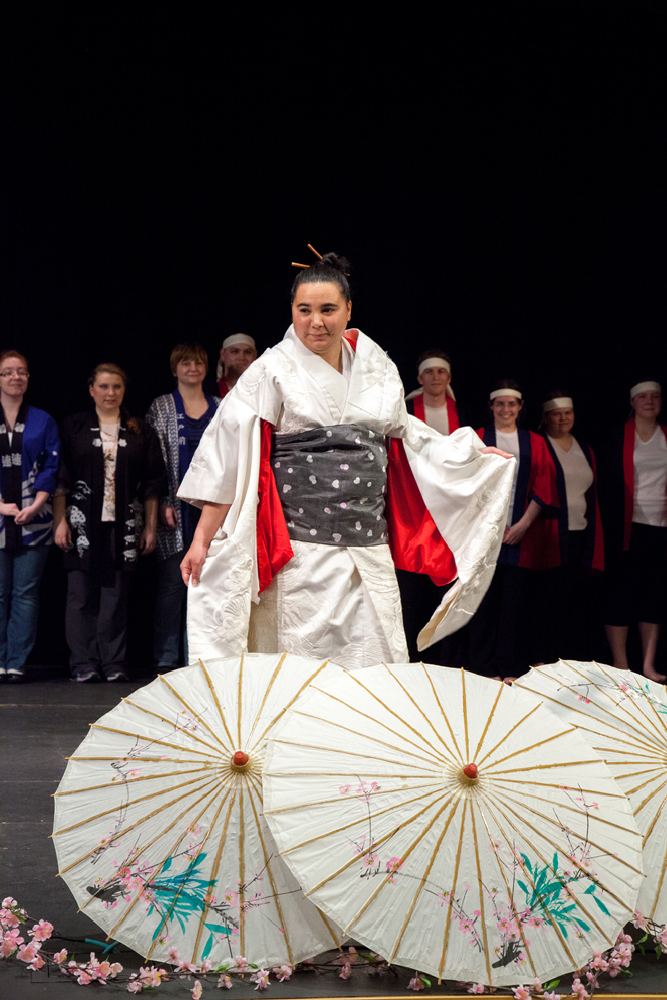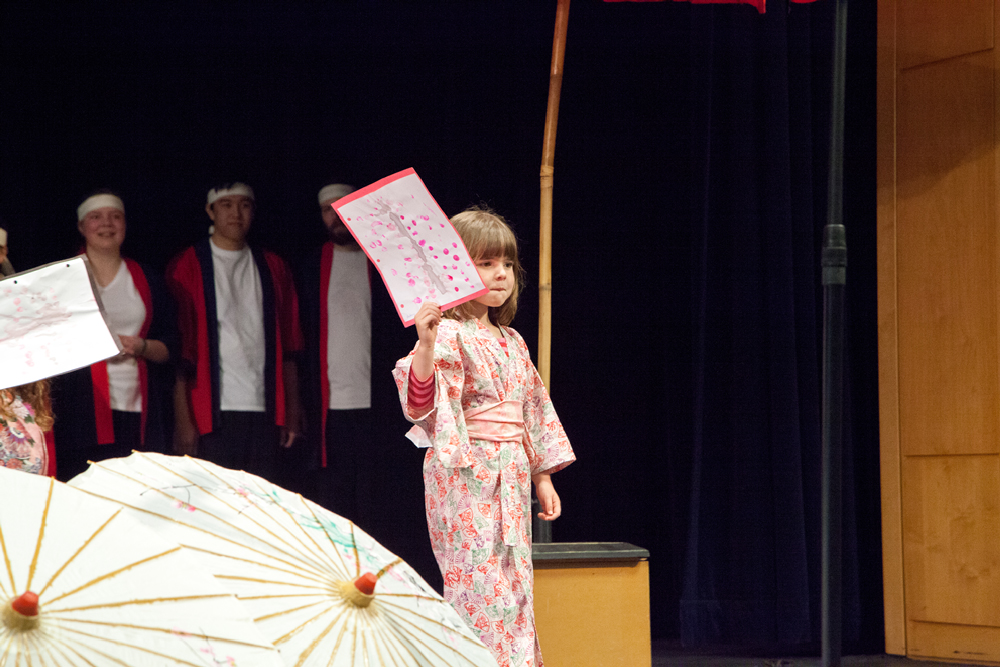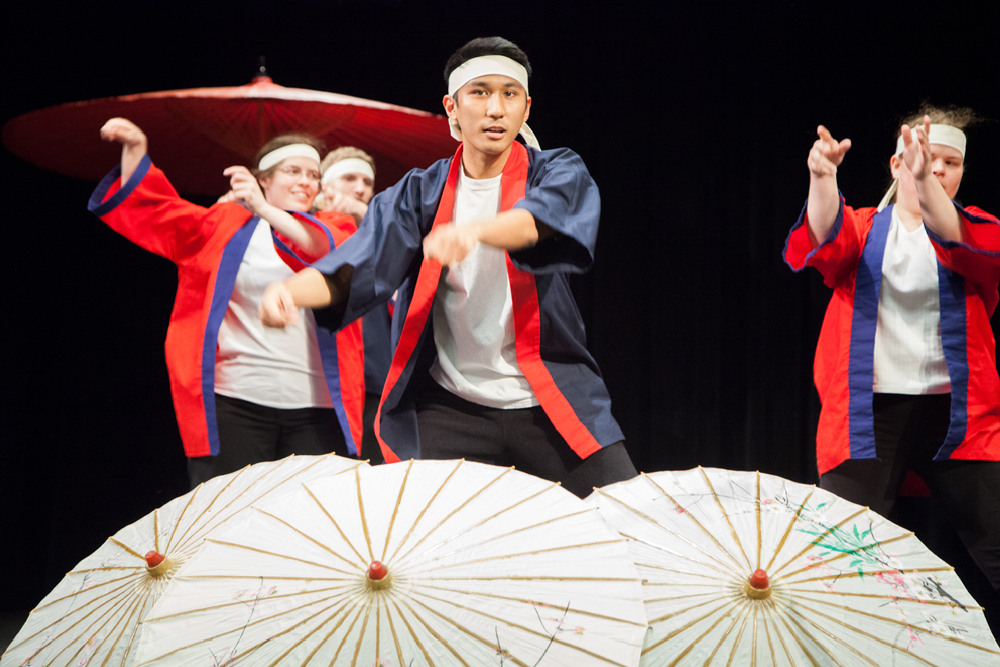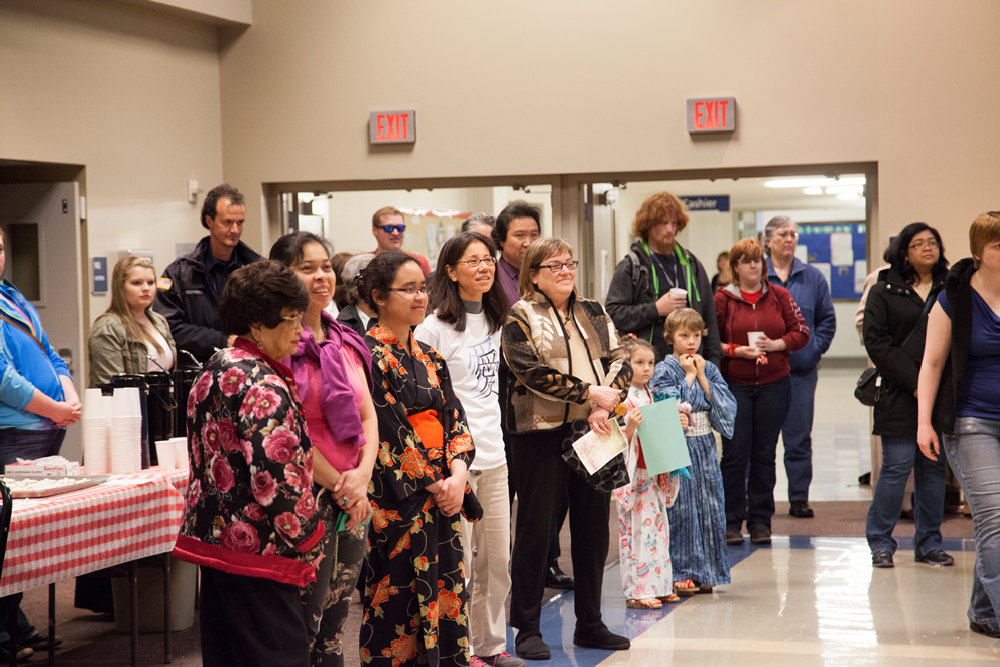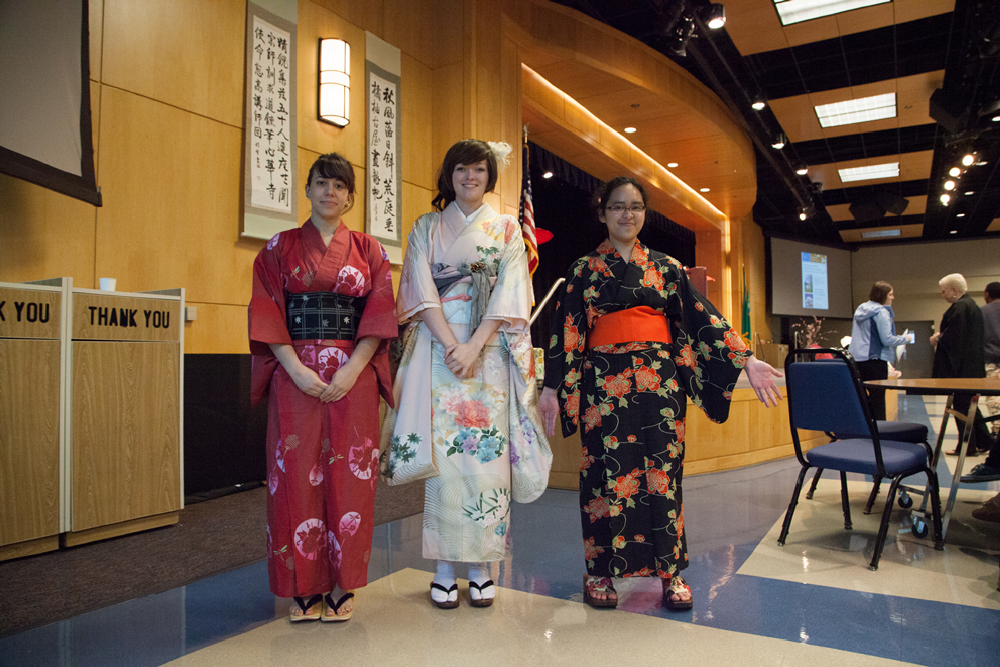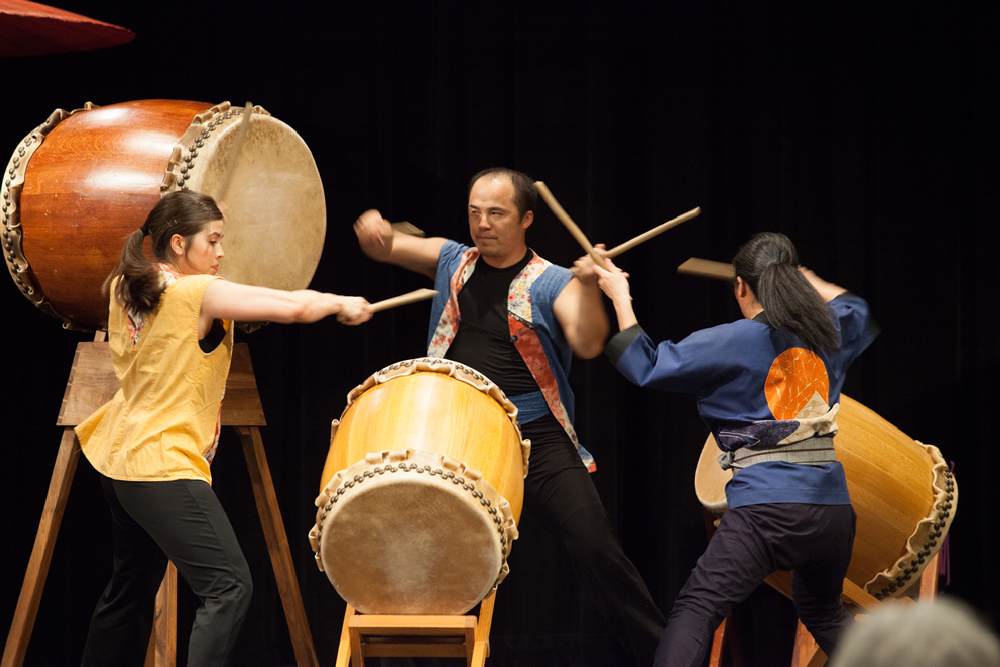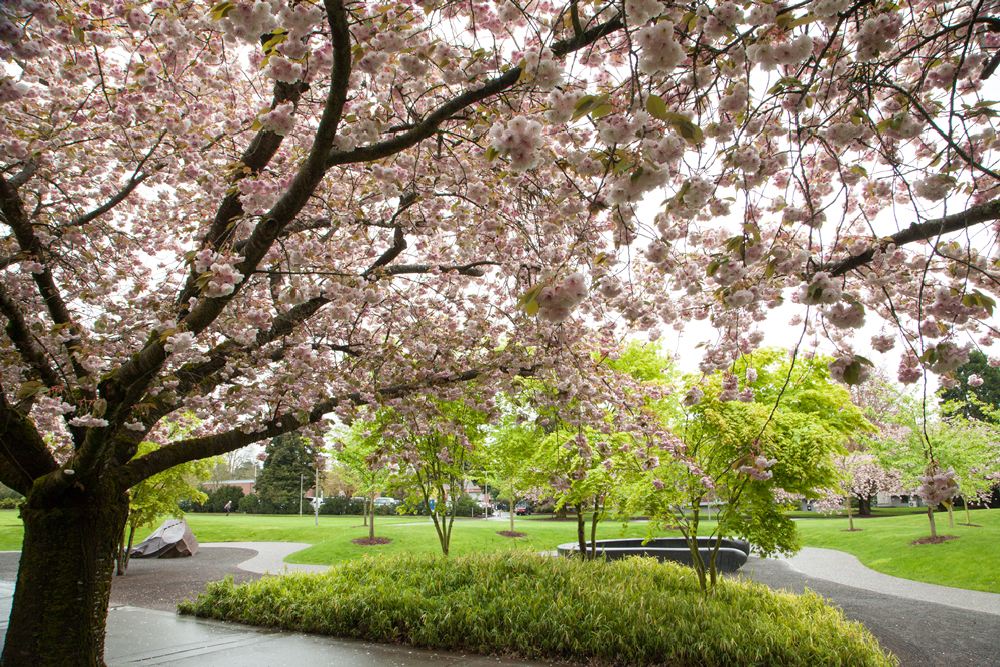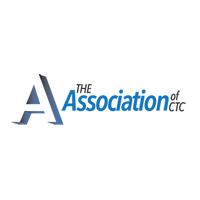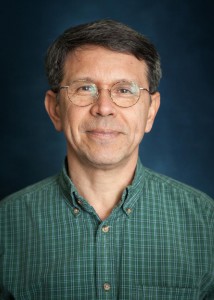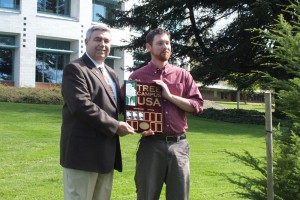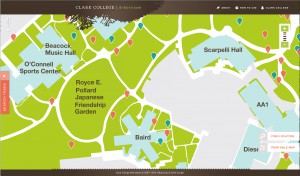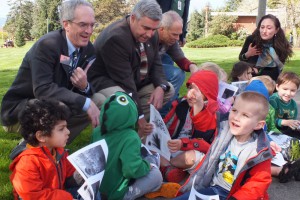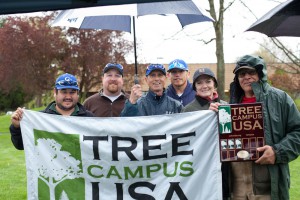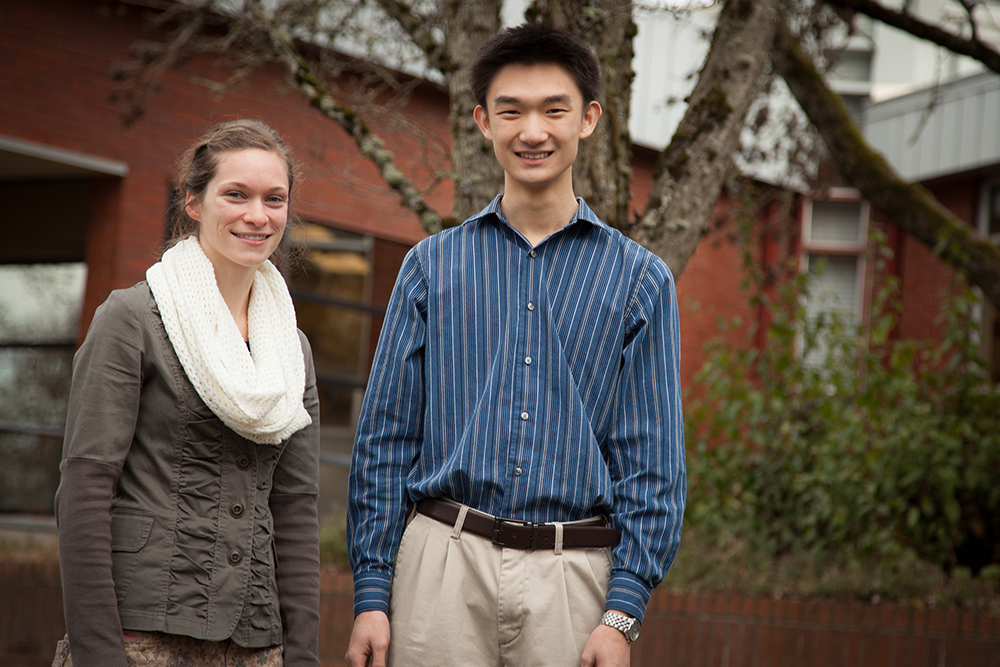
Amelia Longbons and Christopher Beh are Clark College’s 2014 All-Washington Academic Team members.
Two Clark College students who serve their college and their community were named to the 2014 All-Washington Academic Team.
Amelia Longbons of Kelso and Christopher Beh of Vancouver were among 68 students from Washington’s 34 community and technical colleges who were recognized on March 27 in a ceremony at South Puget Sound Community College in Olympia. Washington Lieutenant Governor Brad Owen was the keynote speaker.
According to organizers, each member of the All-Washington Academic team received a scholarship from KeyBank of Washington. In addition, many of Washington’s public and private four-year colleges are offering scholarship opportunities to members of the team.
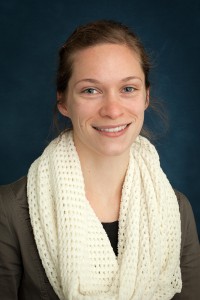
About Amelia Longbons
Amelia Longbons can vouch for the value of community colleges: She earned her Associate of Arts at Lower Columbia College while still in high school through the Running Start Program and then enrolled at Clark College to enter its highly regarded Dental Hygiene program. Now she is busy on a project to provide dental hygiene care and education to homeless people in Southwest Washington, all while maintaining a 4.0 GPA.
This is not Longbons’s first academic honor. She is also a recipient of the American Dental Association Foundation Allied Dental Student Scholarship, awarded to just 15 students nationwide each year and the 2012 Scholastic Achievement Award, granted by Lower Columbia College to the student with the highest grade point average in the graduating class. Additionally, she was valedictorian of her graduating class at Kelso High School.
Longbons’s academic achievements are all the more impressive considering how many hours she devotes to volunteer activities. She has a long history of volunteering, but currently concentrates most of her efforts toward her chosen career. She assisted at the Free Clinic of Southwest Washington’s Children’s Dental Day and is in the process of organizing a free dental day for local homeless and veterans in the community. She is a member of the Student American Dental Hygienists Association and regularly participates in outreach efforts to promote dental hygiene among underserved communities.
Longbons, 20, plans to graduate with her Associate of Applied Science in Dental Hygiene in June, after which she will enroll in the Bachelor of Science in Dental Hygiene program at Eastern Washington University. She says she hopes to one day use her education to travel to other countries and provide dental hygiene care to the poor and underserved.
“For me, winning this scholarship has been a great honor and made me understand that community colleges are an amazing opportunity to allow me to grow and reach my academic potential,” says Longbons. “It’s been an inspiration and a motivation to keep going and to work my hardest and to continue my education and give everything I have to becoming a successful student and becoming a successful dental hygienist.”
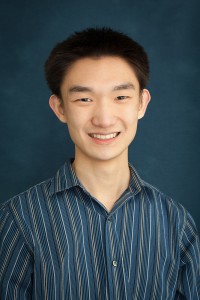
About Christopher Beh
At age 17, Christopher Beh has already experienced a lot of changes and challenges. Beh was 8 years old when his father left the family, and Beh’s mother had to work two jobs to keep them afloat.
“At the time, I didn’t realize the amount of work that she was putting in so that I could have a future,” says Beh. “I thought that she didn’t care; of myself as inept. I truly believed that I wasn’t capable of becoming anything worthwhile.”
But eventually Beh realized that he had both the drive and the ability to succeed academically. He enrolled at Clark College while still in high school through the Running Start Program, and anticipates earning his transfer associate degree in June. At Clark he has joined Alpha Sigma Phi, the college’s chapter of the national two-year college honor society Phi Theta Kappa, and has sought out opportunities to challenge himself academically through Clark’s rigorous Honors Program. He says these experiences have given him a newfound respect for community colleges.
“What community colleges do for students from all walks of life is absolutely incredible,” says Beh. “It’s an amazing stepping stone for people who maybe aren’t ready for a four-year university, or are looking for a closer-knit environment where students can work together, stay closer to home, and maybe juggle other things that they have going on.”
Beh’s own juggling act has become even more demanding: He has been helping his mother recover since she underwent neck surgery last year. Additionally, he helps support their household by working part-time at the college’s computer help desk. Fortunately, he has been able to take advantage of some of Clark’s online course offerings, allowing him more flexibility to assist his mother at home.
“Looking back, I know that I made the right choice,” Beh says of his decision to attend Clark. “I’ve been able to help my mom through her recovery, and I’m not bogged down by student loans. I’ve also been able to be part of an amazing community. I feel that my professors truly care about my success, and I’ve found a home with Alpha Sigma Phi. At first I chose a community college for the cost and convenience, but I have found so much more at Clark College.”
Beh, who is studying computer science and business at Clark, has accepted admission to the University of Washington, where he plans to major in computer science. His work at Clark has made him interested in a job in Information Technology and he hopes to one day work in the Federal Bureau of Investigation’s cybercrime division.
Photos: Clark College/Jenny Shadley
Video: Clark College/Nick Bremer Korb
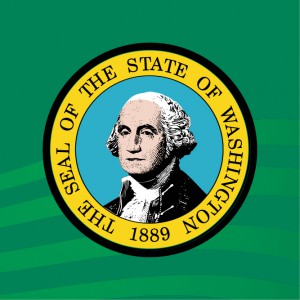 The Washington State Supreme Court is coming to Clark College for a two-day visit in May to hear oral arguments and make itself available to the public. Chief Justice Barbara Madsen and Justices Charles W. Johnson, Susan Owens, Mary Fairhurst, Debra Stephens, Charles Wiggins, Steven González, and Sheryl Gordon McCloud will also tour Clark’s main campus, visit Clark classrooms, and meet informally with students, faculty, and other members of the Clark College community. Either pro tem justice Joel Penoyar or newly appointed Justice Mary Yu will also be in attendance, depending on whether or not Yu’s swearing-in occurs before the visit.
The Washington State Supreme Court is coming to Clark College for a two-day visit in May to hear oral arguments and make itself available to the public. Chief Justice Barbara Madsen and Justices Charles W. Johnson, Susan Owens, Mary Fairhurst, Debra Stephens, Charles Wiggins, Steven González, and Sheryl Gordon McCloud will also tour Clark’s main campus, visit Clark classrooms, and meet informally with students, faculty, and other members of the Clark College community. Either pro tem justice Joel Penoyar or newly appointed Justice Mary Yu will also be in attendance, depending on whether or not Yu’s swearing-in occurs before the visit.